
(1).
About MBA Diversity Challenge
The
MBA Diversity Challenge refers to
the lack of diversity and underrepresentation of certain groups within MBA
programs. Traditionally, MBA
programs have been
dominated by a particular demographic, often consisting of a higher proportion
of male students and individuals from privileged backgrounds. The MBA Diversity
Challenge acknowledges the need to address this imbalance and promote greater
diversity and inclusivity within MBA
education.
The
challenge stems from the recognition that diversity brings a range of perspectives, experiences, and ideas,
which are valuable in business and management education. Embracing diversity in
MBA programs enriches the learning environment, fosters innovation, and
prepares future business leaders to navigate global and multicultural
workplaces.
The
MBA Diversity Challenge is not limited to gender diversity but also encompasses
other dimensions such as race,
ethnicity, socioeconomic background, nationality, age, and educational and
professional experiences. It highlights the importance of creating
opportunities and removing barriers to ensure that individuals from diverse
backgrounds have equal access to MBA education.
Addressing the MBA Diversity Challenge involves implementing strategies and initiatives to attract, admit, and support a more diverse student body. This may include revising admissions criteria, providing scholarships and financial aid, establishing outreach programs, promoting inclusive campus environments, and integrating diversity-related topics into the curriculum. By actively addressing the MBA Diversity Challenge, schools aim to create a more inclusive, representative, and equitable MBA education landscape.
(2).
Factors Affecting MBA Diversity
Several factors can influence MBA diversity in India. Here are some key factors that can impact the representation of diverse groups within MBA programs:
| Factors | Description |
| Socioeconomic Background | Socioeconomic factors play a significant role in MBA diversity. Students from economically disadvantaged backgrounds may face financial constraints that limit their access to quality education and resources necessary for pursuing an MBA. The affordability of tuition fees, availability of scholarships, and financial aid opportunities greatly influence the diversity of MBA cohorts. |
| Gender Disparities | Historically, MBA programs have had lower participation from women. Societal norms, cultural expectations, and biases can deter women from pursuing higher education and careers in business. Encouraging and empowering women to pursue MBA programs and addressing gender biases are essential for achieving gender diversity in MBA classrooms. |
| Regional Disparities | There can be regional disparities in MBA diversity within India. Students from urban areas or more developed regions may have better access to educational resources, including coaching centers, networking opportunities, and mentorship programs. On the other hand, students from rural or less privileged regions may face challenges in accessing quality education and information about MBA programs. |
| Representation of Marginalized Communities | Representation of marginalized communities, including scheduled castes, scheduled tribes, and other socially disadvantaged groups, is often limited in MBA programs. Discrimination, lack of awareness, and limited access to educational opportunities can contribute to this disparity. Special outreach programs, reservation policies, and initiatives to address these challenges are necessary to ensure inclusivity and representation. |
| Industry Perceptions and Stereotypes | Perceptions and stereotypes associated with certain industries or business roles can influence the choice of MBA specialization and subsequent career paths. Some sectors, such as technology or finance, may be perceived as more suitable for certain groups, while others may face barriers or biases in accessing opportunities in these fields. Addressing industry biases and promoting diversity across sectors can help improve overall MBA diversity. |
| Entrance Examinations | Entrance examinations, such as the Common Admission Test (CAT) in India, are a common requirement for MBA admissions. The structure, format, and content of these exams can impact diversity. Some students from disadvantaged backgrounds may face challenges in accessing quality test preparation resources or may not perform as well due to varying educational backgrounds. Efforts to provide equitable preparation resources and consider alternative admission criteria can help address this issue. |
| Networking Opportunities | Networking plays a crucial role in career advancement and job opportunities after completing an MBA. Students from less privileged backgrounds may have limited access to networks and connections that can facilitate internships, job placements, and industry exposure. Promoting inclusive networking events, mentorship programs, and alumni engagement can help address this disparity. |
| Lack of Role Models and Mentors | Limited visibility of successful individuals from diverse backgrounds in MBA programs can act as a deterrent for aspiring students. The lack of role models and mentors who can guide and inspire students from underrepresented groups may contribute to the low representation. Encouraging mentorship programs and building alumni networks that showcase diverse success stories can help address this gap. |
Addressing
these factors requires a multi-dimensional approach, involving changes in admission policies, financial assistance,
outreach programs, mentorship initiatives, and awareness campaigns.
Collaborative efforts between educational institutions, industry partners,
government bodies, and non-profit organizations are necessary to create an
environment that supports and promotes MBA diversity in India.
(3).
The MBA Diversity Challenge: How Schools are Addressing the Issue
The
issue of diversity in MBA programs is gaining significant attention in India,
and schools are taking steps to address it. Here are some ways in which MBA
schools in India are tackling the MBA diversity challenge:
(1).
Inclusive Admissions Practices
MBA
schools are revisiting their admissions criteria to ensure a diverse student
body. They are considering factors beyond academic performance, such as work
experience, extracurricular activities, and socioeconomic backgrounds. Some
schools have introduced quota systems or affirmative action policies to
encourage the enrollment of students from underrepresented groups.
(2).
Outreach Programs
MBA
schools are actively engaging in outreach programs to attract students from
diverse backgrounds. They collaborate with nonprofit organizations, community
groups, and professional networks to identify and recruit talented individuals
who may not have traditional access to MBA education. These programs aim to
bridge the gap and provide opportunities for underrepresented communities.
(3).
Scholarships and Financial Aid
Many
MBA schools in India are offering scholarships and financial aid to students
from disadvantaged backgrounds. These initiatives help reduce financial
barriers and encourage a broader range of applicants to pursue an MBA.
Scholarships may be specifically targeted toward individuals from
underrepresented groups or those with exceptional merit and potential.
(4).
Industry Partnerships and Mentoring
MBA
schools are establishing partnerships with organizations and industry leaders
committed to promoting diversity. These partnerships create mentoring
opportunities, internships, and job placements for students from
underrepresented backgrounds. Industry professionals act as mentors, providing
guidance, support, and networking opportunities to help diverse MBA students
succeed.
(5).
Diversity and Inclusion Initiatives
MBA
schools are implementing dedicated diversity and inclusion initiatives within
their campuses. These initiatives include organizing workshops, panel
discussions, and events that raise awareness about diversity-related issues.
They foster an inclusive campus environment where students can learn from one
another, celebrate differences, and challenge biases.
(6).
Alumni Engagement
MBA
schools in India are actively involving their alumni in diversity initiatives.
Alumni networks provide valuable support and mentoring to current students,
particularly those from underrepresented backgrounds. They also serve as role
models and inspire future generations of diverse MBA aspirants.
(7).
Curriculum Enhancements
MBA
schools are reviewing and updating their curricula to incorporate
diversity-related topics and case studies. Courses on diversity, equity, and
inclusion are being introduced to educate students about the importance of
diverse perspectives in business decision-making. These curriculum enhancements
promote a broader understanding of diversity issues and prepare students to be
inclusive leaders in their careers.
(8).
Student Support Services
MBA
schools are strengthening student support services to ensure an inclusive and
supportive environment for all students. They offer counseling services,
mentoring programs, and student clubs focused on diversity and inclusion. These
resources help students navigate the challenges they may face and promote a
sense of belonging within the MBA community.
(9).
Research and Thought Leadership
MBA
schools are encouraging faculty and students to conduct research on
diversity-related topics. They provide platforms for publishing research
papers, organizing conferences, and sharing insights on diversity issues in
business and management. These efforts contribute to the knowledge base and
promote informed discussions on diversity in the MBA context.
Conclusion
Note
By
implementing these strategies, MBA schools in India are making concerted
efforts to address the MBA diversity challenge. They are committed to fostering
an inclusive educational environment that prepares future business leaders to
navigate diverse workplaces and contribute to a more equitable society.
Also Read:
Diversity and Inclusion in MBA Programs: Progress and Challenges
Related News
View AllRelated Articles
View AllTrending Articles
View All-
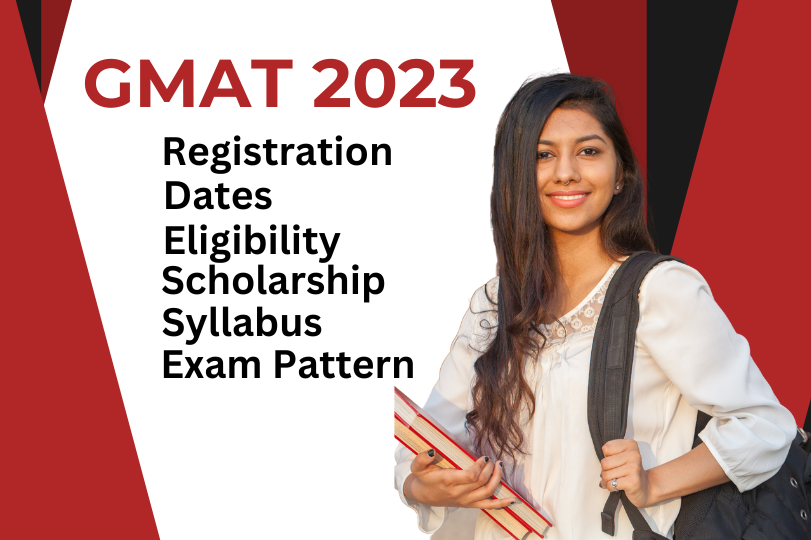
GMAT 2023: Registration, Dates, Eligibility, Scholarship, Syllabus, and Exam Pattern
Jul, 19, 2023 Read More -
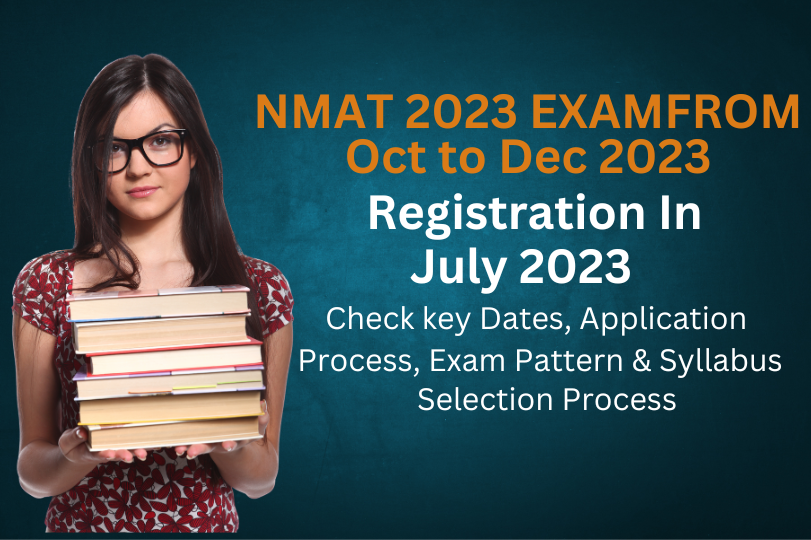
NMAT 2023: Save the Dates Registration, Exam Pattern, Syllabus and Selection
Jul, 18, 2023 Read More -

Cracking CAT 2023: Essential Guide to Exam Dates, Notification, Registration, and Syllabus
Jul, 17, 2023 Read More
Trending News
View All-
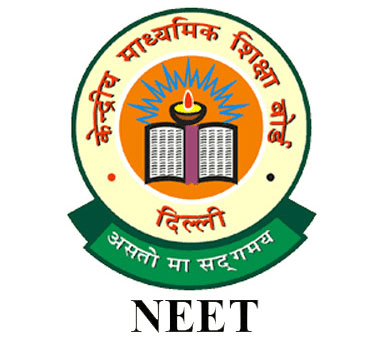
NEET UG 2024 Cutoff: Top 10 NIRF Ranked Medical Colleges & Expected Percentiles
May, 18, 2024 Read More -
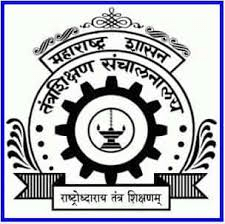
MAH CAP Counseling 2024 Registration Start: Key Dates, Eligibility, and Step-by-Step Guide
May, 18, 2024 Read More -

BSE Odisha Result 2024 Expected Today: Live Updates - Check Odisha 10th Result Date
May, 17, 2024 Read More -
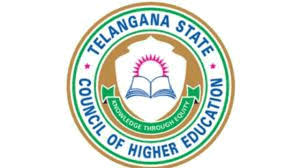
TS PGECET 2024: Correction Window Open till May 16, Exam Dates, Eligibility & Registration Details
May, 16, 2024 Read More -

Odisha CHSE 2024 Live Updates: Check Odisha 12th Result Date, Steps to Download
May, 16, 2024 Read More







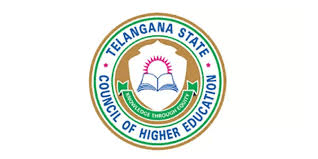

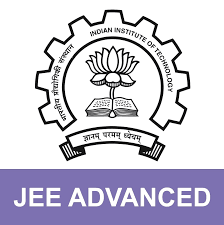
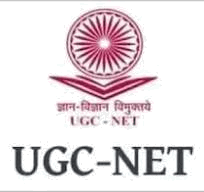
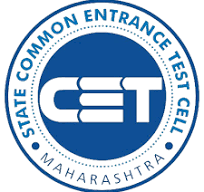

 back
back

